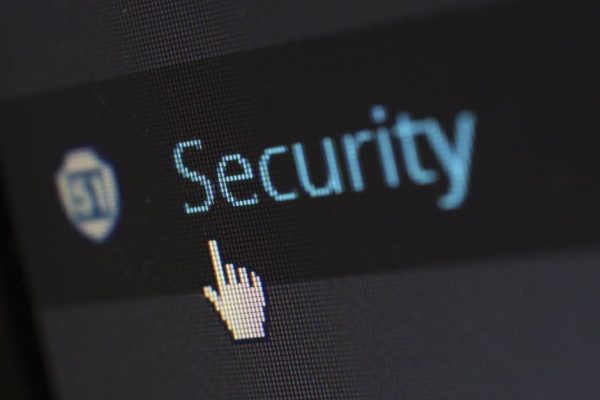In the era of widespread computerization and data processing on computers, telephones, and many IT systems, it is becoming easier and easier for your company’s data to be leaked or stolen.
The risk of data leakage increases with the amount of data, the number of systems, and the connections between them. Much depends on the applied solutions and technologies, procedures related to data processing (or the lack thereof) used in the organization, and, above all, on the human factor. Because usually, it is the human factor that is the weakest link in data security in companies. The awareness of system users about dangers varies, as well as different digital skills, different devices, and different approaches to work methods and safety rules established in the organization.
Here are some examples of reasons and situations that may happen in the company:
- breaking into the corporate network and data theft as a result of the irresponsibility of an IT department employee who does not update the software and security of the company’s resources or as a result of the lack of such a person in the company (this applies in particular to the smallest companies who cannot afford it or cannot see such need)
- breaking into the database of an online store or company website in which the personal data of the company’s customers are stored as a result of the lack of adequate server security, lack of software updates, or too weak passwords used in the systems
- theft of portable devices or data carriers or their loss by a company employee, as a result of which the data may fall into the wrong hands,
- deletion of company data as a result of the action of a virus, Trojan, or other malware, installed on the device by an unaware user or as a result of the lack of security software such as a firewall or anti-virus program.
In order to be able to protect yourself against such situations, it is worth carrying out a company security audit. Depending on the established range, it may include one or more of the following:
- examining the company’s internal IT resources – verification of the hardware and software technologies used, examining the security of the company’s internal network
- inventory of all data storage places important from the company’s point of view, examining the procedures related to their processing, finding holes and gaps in these procedures that may increase the risk of data leakage
- examining the security of websites, servers, websites and identifying gaps in systems that allow unauthorized access to data.
After such an audit, corrective actions should be taken to eliminate any errors and holes found. As a result, the security of the company’s data and resources should increase significantly.
However, it should be remembered that such an audit should be performed regularly at a given time in order to be able to keep up with changes in technologies, procedures, changes in the company, legal requirements, and good practices, in order to be able to continuously ensure a high level of security. Remember that we are on a constant battlefield between security specialists and hackers waiting for our data.

